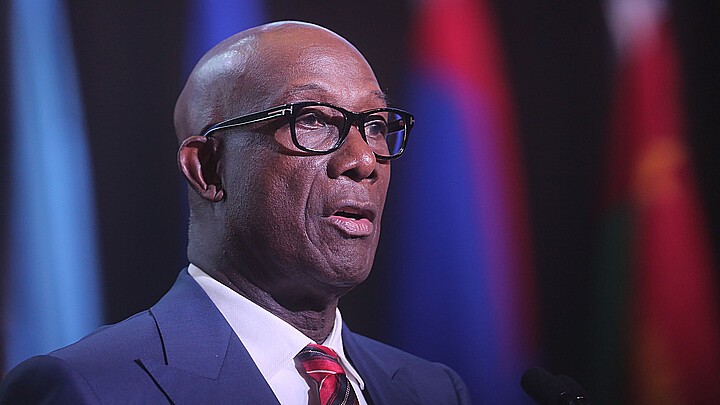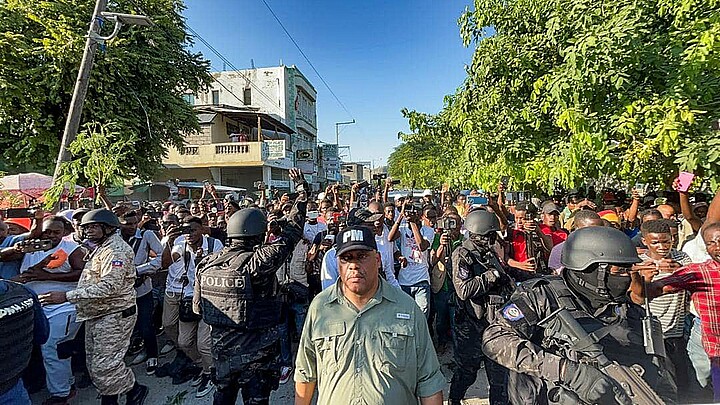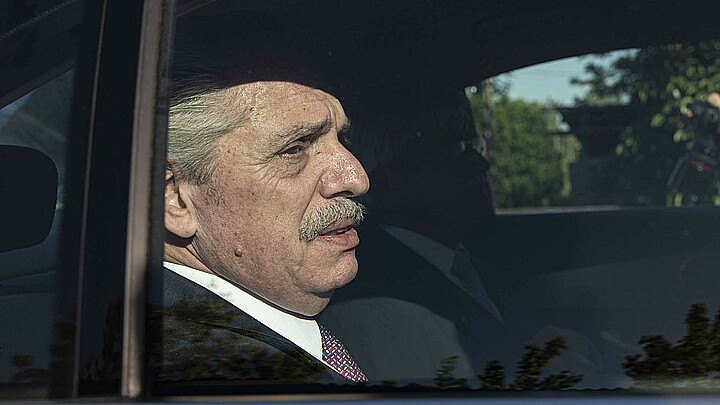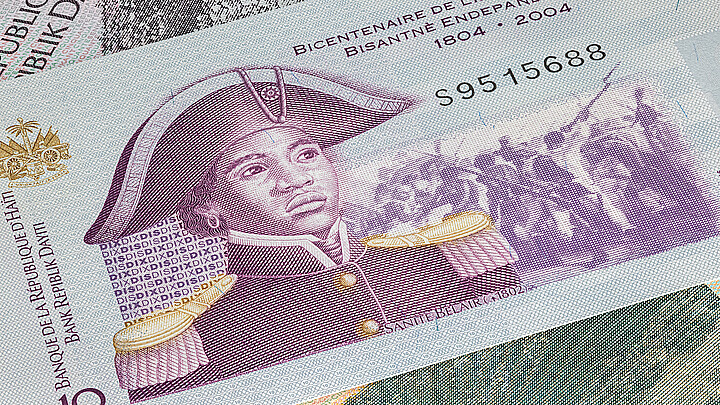Crime
Conspiracy: Haiti accuses former justice ministry official of ordering assassination of President Jovenel Moise
Since the president’s killing, several of the mercenaries have since been brought to justice, but the mastermind of the assassination evaded authorities for the past two years
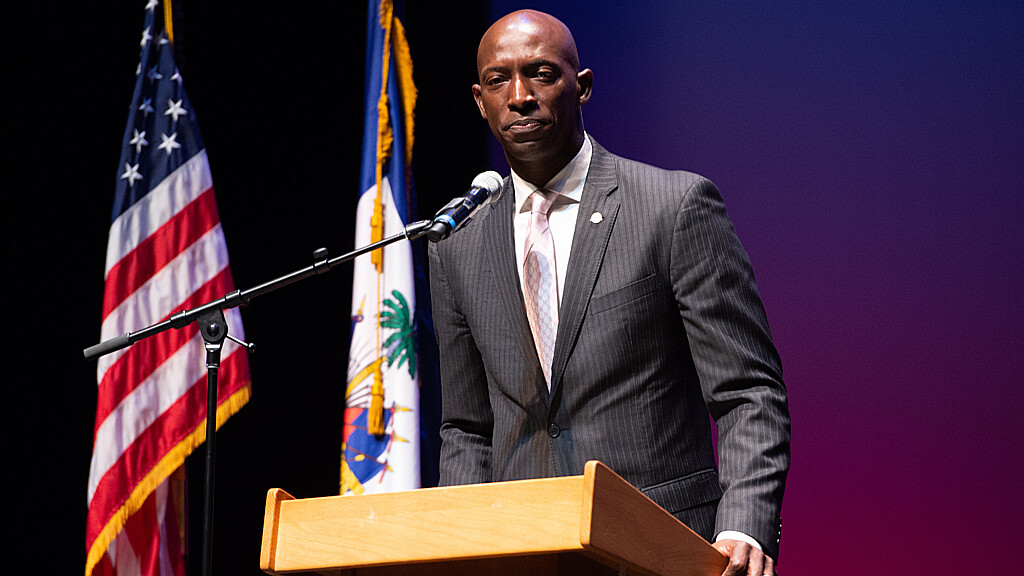
October 20, 2023 10:19am
Updated: October 20, 2023 10:19am
A former justice ministry official has been accused of ordering the assassination of President Jovenel Moise, according to reports.
The former justice ministry official, Joseph Felix Badio, was arrested by Haitian police as he was driving out of the parking lot of a Port-au-Prince supermarket, police said.
The arrest comes in the wake of Moise’s assassination when he was killed in his own bedroom by Colombian mercenaries in 2021.
Since his killing, several of the mercenaries have since been brought to justice, but the mastermind of the assassination evaded authorities for the past two years.
Moise’s death was significant for the Caribbean island as it was quickly thrown into political chaos without strong leadership. The island soon erupted into a wave of crime and violence culminating in the virtual takeover of gangs seizing control over the capital city.
In some instances, criminal enterprises took control of Haitian government buildings and even its main fuel port.
Within months, criminal gangs extended their control over the capital, including its infrastructure and main fuel port.
Badio is now being interrogated by police detectives has been charged with murder, attempted murder and armed robbery.
Haitian news reports also indicate he was terminated from his post in the justice ministry where he worked on anti-corruption issues before the assassination after being accused of accepting a bribe to illegally release a prisoner.
Some of the mercenaries who were detained by Haitian police confessed that Badio gave them instructions, suggesting he was in fact the mastermind behind the travesty.
Some of the hitmen arrested hours after the killing alleged that Badio, 60, had given them their orders. Still, there is evidence of a widespread, international conspiracy of those who orchestrated the assassination beyond the actual mercenaries who carried out the president’s killing.
Other alleged orchestrators have been arrested in the United States, including Haitian-Chilean businessman Rodolphe Jaar and even former Haitian Sen. John Joel Joseph.
Federal prosecutors at the U.S. Attorney’s Office have also charged Venezuelan-American, Florida-based CTU Security owner Antonio Intriago, of contracting the mercenaries.
Intriago is facing conspiracy charges involving murder and kidnapping.
Since Moise’s assassination, the Haitian government has experienced turmoil and had problems. It has faced challenges in offering basic services to its citizens as gangs are occupying areas housing critical infrastructure.
Gangs have even taken control of much of Port-au-Prince, the capital city of the Caribbean country, and are actually running health care clinics and schools amid their continued turf battles with rival gangs.
As a result of the chaos, thousands of Haitians have abandoned the capital city and thousands of others have died.
The United Nations recently declared its intent to deploy an international military force to help Haiti's law enforcement community, but it has faced challenges finding nation states to volunteer troops and personnel.
Among those countries that have volunteered, Kenya has stepped up to lead a multinational force to help quell the violence.
Haiti is not the only Latin American country haunted by the specter of assassination.
Ecuador has faced a series of assassinations in the past year, including the killing of anti-corruption crusader and presidential candidate Fernando Villavicencio and the mayors of various towns that experience problems with the drug trade.
Ecuador has experienced a high level of violence since it faces drug cartels from both its borders with Colombia and Peru, the two countries with the highest level of cocaine trading.

